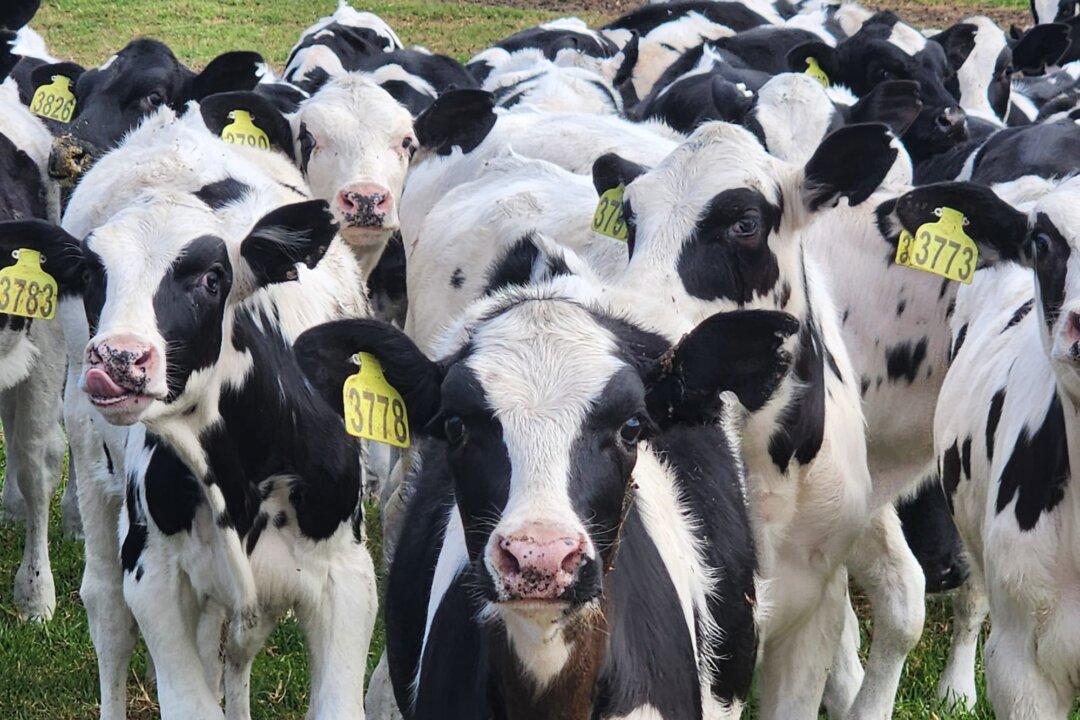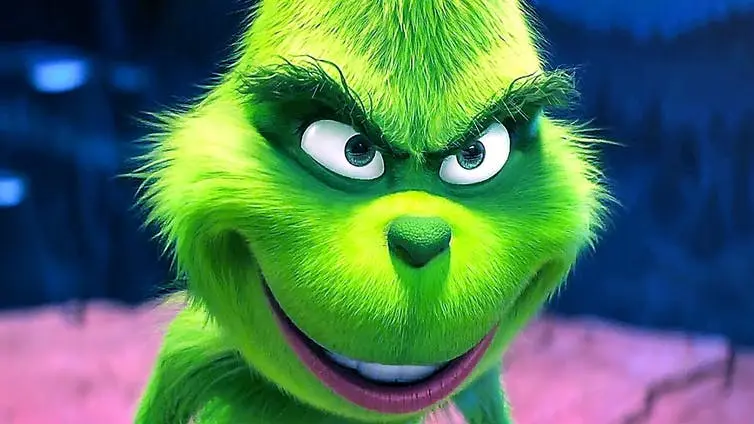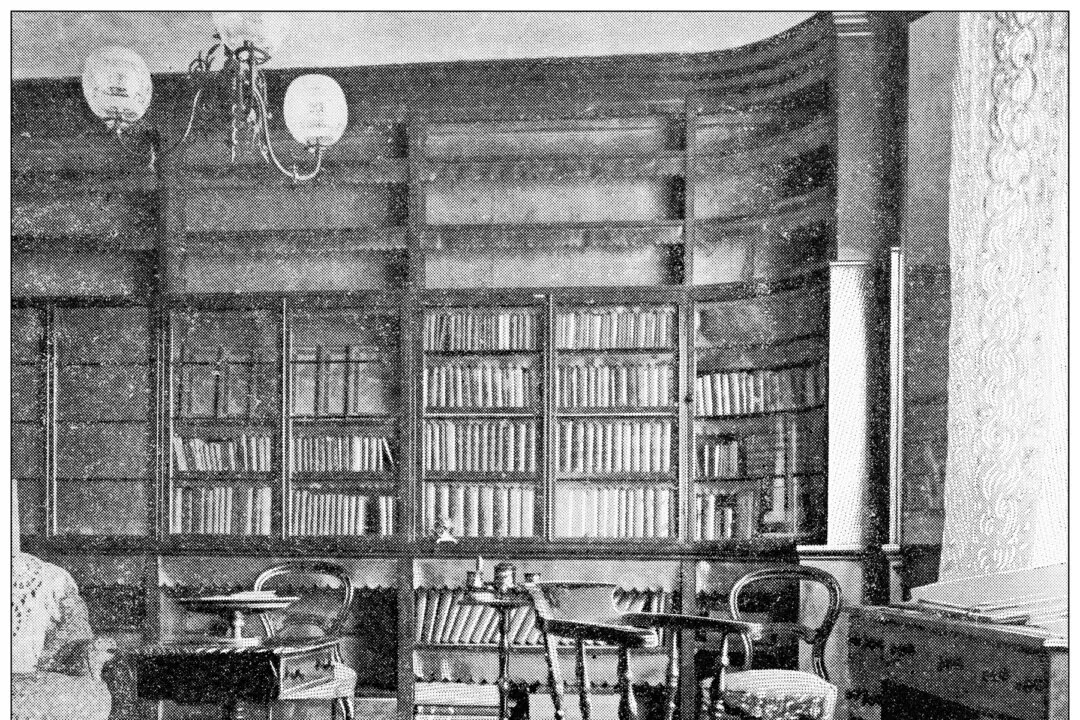Last month, Denmark officially became the first country to tax livestock emissions, including methane produced by cows and pigs.
Dubbed the “fart tax” by waggish critics, the levy is part of the Green Tripartite Agreement, a policy hammered out over months of negotiations between farmers, industry representatives, and environmental groups.





